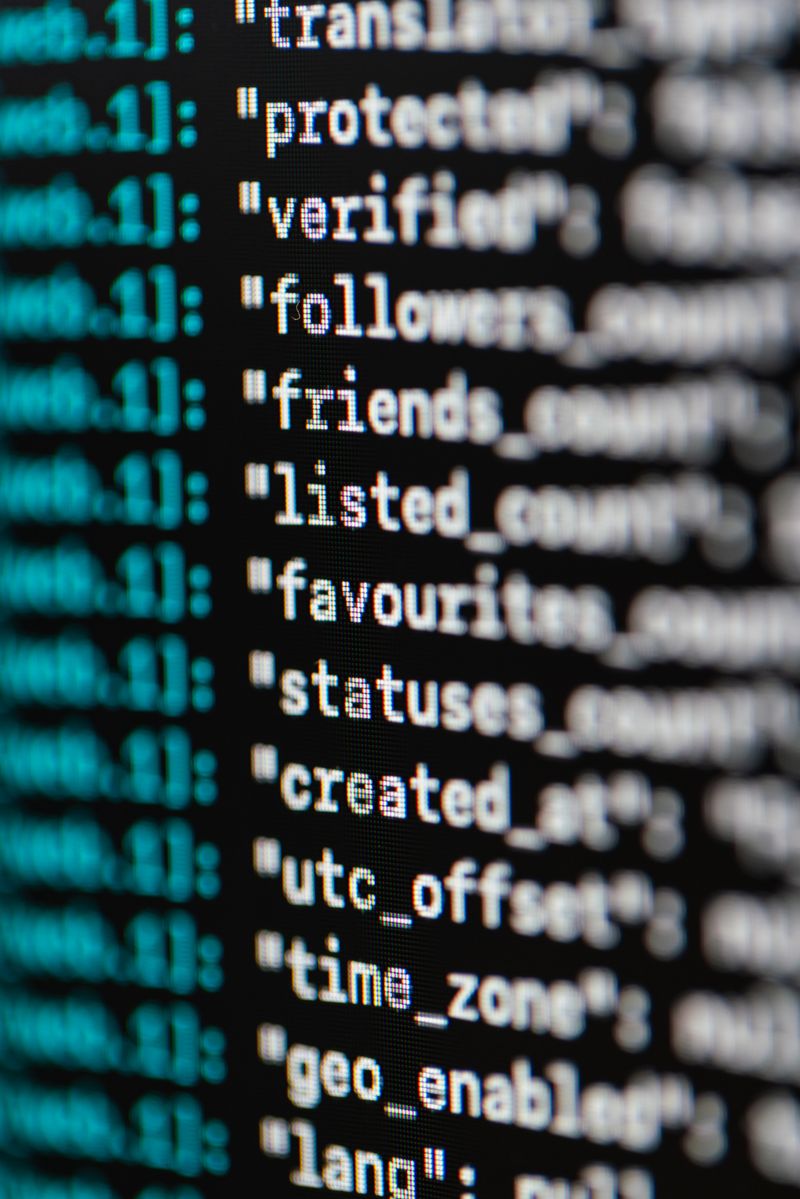The Philadelphia Inquirer, a reputable American newspaper, was hit by a cyberattack last week. The full extent of the attack, including who was behind it, what was targeted, and whether a ransom was demanded, remains unclear. The attack has disrupted the publication’s operations, causing the Inquirer to postpone its print edition. The publication of Sunday’s regular print edition was prevented, and on Monday, the Inquirer published an edition without classified ads. The system disruption could not affect the coverage of the much-awaited mayoral primary election, scheduled for Tuesday. However, the Inquirer offices had to be closed as a safety precaution, and reporters had to work from home using alternatives to access publishing and business systems.
The cyberattack has generated various concerns and questions among stakeholders, including the authorities, cybersecurity experts, and the guild that represents Inquirer‘s staffers. They expressed concern about the security of Inquirer workers’ personal information and the safety of their systems, including the possibility of personal data being compromised.
CNN, Fortune, The New York Times, Associated Press, and The Guardian reported the cyberattack, indicating that media companies have become relatively prime targets of cyber attacks. Ransomware incidents have increased in recent years globally, affecting media organizations such as the Los Angeles Times and The Guardian.
The attack’s motive remains unknown, but such actions could stem from various motivations, including stealing information, leaking sensitive data, spreading misinformation, or disrupting publication operations.
The Inquirer is working closely with the FBI and cybersecurity experts to assess the extent of any potential damage and to prevent future cyberattacks. The Inquirer has monitoring software on company-owned equipment, and performs regular audits, but it remains unclear whether those precautions monitored the route the attackers used to access its systems.
Recommendation
The Inquirer cyberattack highlights the need for organizations to enhance their cybersecurity measures proactively. Effective cybersecurity capabilities are required to secure critical data and ensure continuity operations. This attack highlights the importance of timely data backup and the need for institutions to have an incident response plan to ensure continuous operations in the event of a potential cyber breach.
Organizations must remain vigilant and continuously perform risk assessments to identify and mitigate potential vulnerabilities in their systems. Additionally, staff training on cybersecurity protocols and vigilance regarding the threat of phishing attempts are required to reduce the risk of cyberattacks.
In conclusion, the Inquirer cyberattack is a warning that media companies, like any other organization, are vulnerable to cyberattacks. Therefore, it would be best for media companies to improve cybersecurity measures, work with cybersecurity experts, and remain vigilant to prevent a catastrophic impact of a cyber breach.

<< photo by ThisIsEngineering >>
You might want to read !
- The Rise of Crosspoint Capital: A Glimpse into the Absolute Software Acquisition
- Philadelphia Inquirer faces cyberattack leading to major disruption
- Philadelphia Inquirer Cyberattack: A Menace to the Future of American Journalism
- Hunting for a Cure: Huntress Raises $60M to Expand MDR Program
- “CopperStealer Malware Group Updates Tactics with Advanced Rootkit and Phishing Tools”
- French Authorities Intensify Clearview AI Investigation, Sparking 20% Increase in Legal Trouble
- Emerging Tactics: APT28 Exploits Windows Update to Target Ukraine
- The Synergies and Implications of XM Cyber’s Confluera Acquisition
- “Laughing Matters: Analyzing the Satirical Punch of ‘Name That Toon: One by One’”
- “White House Launches Bold Cyber Strategy with Focus on Digital Education Initiatives”
- “Circle and ForgeRock Collaborate to Bolster Digital Security in the Prevention-First Age”
- Lancefly APT: Examining the Long-Running Cyber Espionage Campaign Against Asian Government Organizations




